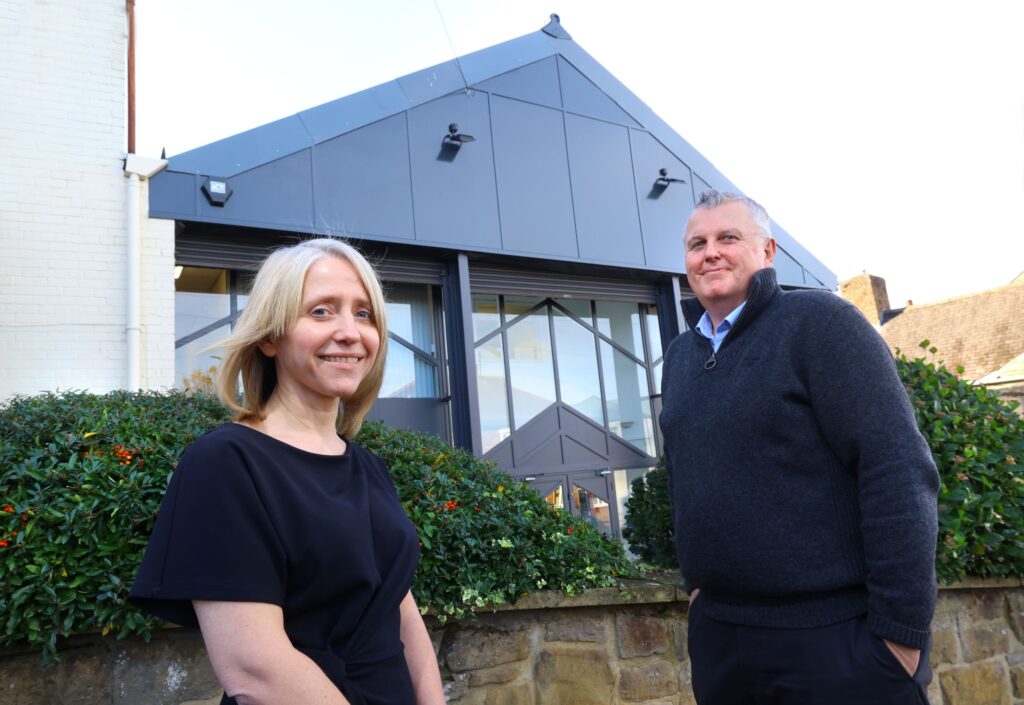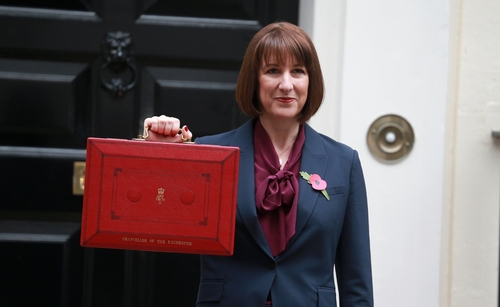Bankruptcy Services
Home » Recovery & Insolvency »
At RMT we have a team of experts available to offer discreet, expert support to anyone who is having financial difficulties and is thinking about filing for bankruptcy. Our firm is dedicated to assisting people and companies in navigating the bankruptcy process so that you may learn about your alternatives and regain financial independence.
What is Bankruptcy?
Bankruptcy is a legal proceeding for people or businesses that are unable to repay their outstanding debts. It provides financial relief by eliminating unsecured debts, but it also comes with long-term consequences.
They will start proceedings following the presentation of a petition by:
- The individual
- A creditor of the individual owed more than £5,000
- The Supervisor of an Individual Voluntary Arrangement (IVA)
In England and Wales, the bankruptcy process typically lasts for one year, although some bankruptcy restrictions may extend beyond this period.
Where an Income Payments Order is in place, this will continue for three years irrespective of the date of discharge from bankruptcy. In instances where the Bankrupt fails to cooperate with the Trustee, or is guilty of offences, the period can be extended beyond one year by a Bankruptcy Restriction Order.
How We Support You
At RMT Accountants, we have a team of experts who will walk you through the bankruptcy process step by step. We will make sure you know what to expect and how it will affect your finances. We will ensure you understand what to expect and how it will impact your financial situation. Our skilled professionals at RMT Accountants will walk you through each phase of the bankruptcy process, making sure you grasp
your obligations and any financial consequences—including:
- Managing payments and assets
- Understanding the impact on your bank account
- Complying with bankruptcy restrictions
- How bankruptcy affects your credit report and credit rating
- Registering on the individual insolvency register and insolvency register
Once a bankruptcy order is made, a Trustee in Bankruptcy (either the Official Receiver or a licensed Insolvency Practitioner) will take control of the bankrupt individual’s assets. This may include property, savings, and investments that could be used to repay creditors.
It is the duty of the Trustee to realise the assets which form the estate of the debtor. This will include the equity in any house owned by the bankrupt.
Why Choose RMT Accountants?
At RMT Accountants, we provide expert debt advice to help you make informed decisions about bankruptcy and other debt solutions. Your professional support ensures you understand the bankruptcy process, protect your assets, and explore all available options.
If you are facing financial difficulties, contact us today for a confidential consultation. Our team is here to help you regain control of your finances and find the best solution for your situation.
In this section
- Accountants Guide To Members Voluntary Liquidation (MVL)
- Compulsory Winding Up (CWU)
- Creditor Report Portal
- Creditors Voluntary Liquidation (CVL)
- Time To Pay Arrangement With HMRC
- Informal Insolvency Advice
- Advice to Directors
- Rescue & Restructuring
- What Does Compulsory Strike Off Mean For A Company?
- Corporate Insolvency
- Advice to Secured Lenders
- Company Voluntary Arrangements (CVA)
- Personal Debt Services & Solutions
- Individual Voluntary Arrangements
- Bankruptcy Services
- Recovery and Insolvency Testimonials




